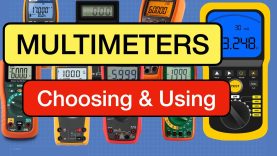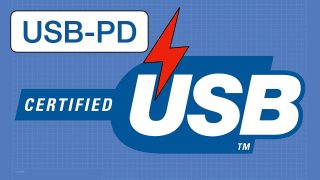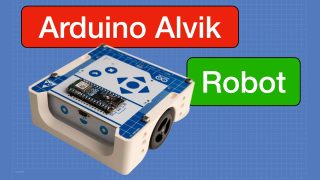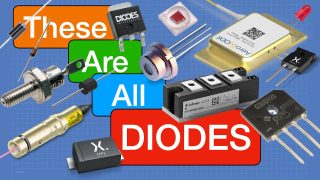Multimeters – The Complete Guide
How to select and use a multimeter (and why you really need two of them!). Are the expensive ones really worth the money?
Article: https://dronebotworkshop.com/multimeters
More articles and tutorials: https://dronebotworkshop.com
Join the conversation on the forum: https://forum.dronebotworkshop.com
Subscribe to the newsletter and stay in touch: https://dronebotworkshop.com/subscribe/
Today, we will be working with the most essential piece of electronic test equipment—the multimeter. We will learn how to use a multimeter and how to choose one. We’ll compare the accuracy between expensive and inexpensive meters. And I’ll try to convince you that you really need at least two multimeters on your workbench!
Multimeters are test instruments for measuring AC and DC Voltage, Current, and Resistance. Modern multimeters can measure many more parameters, including Frequency, Capacitance, Continuity, and Diode Checking. Some meters also have non-contact AC current and voltage features.
There are two objectives in this video:
1 – To learn how to use a multimeter to make various measurements.
2 – To learn how to shop for a meter and get the best value for your money.
We’ll do this by comparing five multimeters, each with a unique set of features. We’ll learn how to use them, and we’ll test their readings against calibrated test sources.
Here is the Table of Contents for today’s video:
00:00 – Introduction
01:55 – Multimeters Intro
04:14 – Look at Multimeters
08:13 – Look at Multimeter accessories
11:12 – Basic Multimeter Operation
13:00 – Measuring Resistance, Continuity & Diodes
15:53 – Measuring AC & DC Voltage & Current
24:02 – Non- Contact Measurement
27:55 – Measuring Capacitance
31:31 – Measuring Frequency
34:07 – Measuring Temperature
36:14 – Multimeter Specs
40:19 – Multimeter Features
45:48 – Multimeter Showdown – Resistance
47:50 – Multimeter Showdown – DC Voltage
53:03 – Multimeter Showdown – Capacitance
56:57 – Conclusion
If you can only afford one piece of electronic test gear, make it a multimeter. It’s an inexpensive investment that will pay for itself quickly, both in your workshop and around your home.
I hope you enjoy the video!
Bill











